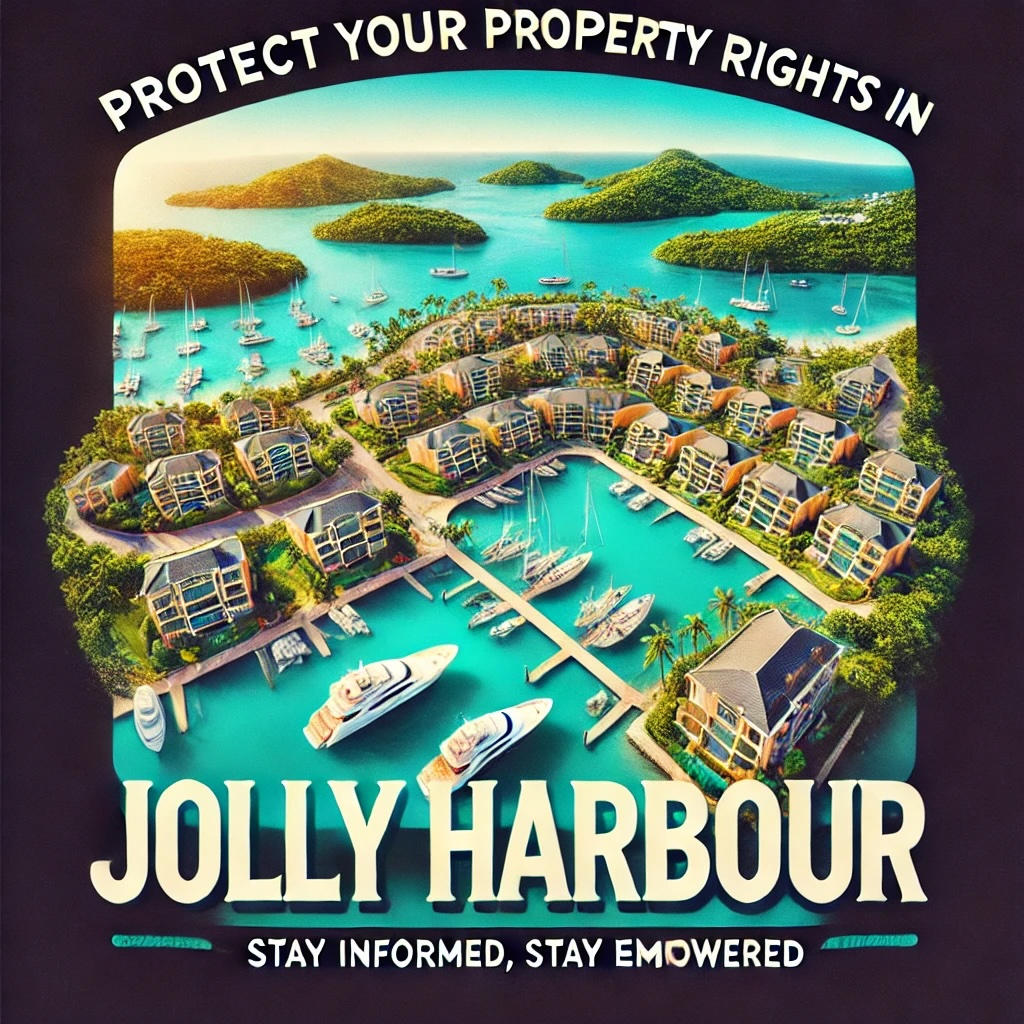1. Introduction
In Jolly Harbour, Caribbean Developments (Antigua) Limited (CDAL) purports to shift massive infrastructure costs to freeholders through monthly "maintenance charges," allegedly for the benefit of the "community." Meanwhile, the July 2022 Reserve Advisors Study demands multi-million-dollar "catch-up" repairs to sewage lines, seawalls, roads, and more—costs that CDAL seeks to offload onto freeholders. However, the Non-Binding Letter of Intent (LOI) dated June 23, 2020, along with CDAL's 2009 Financial Statements, reveals:
- CDAL treats Jolly Harbour infrastructure (roads, seawall, etc.) as its own "investment property" or "property, plant and equipment" for which it has historically taken depreciation expenses or recognized direct revenue (e.g., "Seawall revenue," "Land Sales").
- The LOI contemplates a sale of CDAL and affiliated entities to new owners, clarifying that CDAL (not freeholders) legally owns the infrastructure—and intends to sell it as an "asset," disclaiming "any further guarantees" as to its condition.
- British and Antiguan law (as established in numerous court precedents and the Jolly Harbour Land Transfer covenant) limit how developers can charge freeholders. Only "reasonably incurred" costs for each parcel's direct benefit are recoverable, not massive "catch-up" from the developer's own negligence or mismanagement.
This article unpacks how these documents undermine CDAL's posture that freeholders must pay for the backlog of infrastructure decay. In reality, the developer is responsible for restoring or adequately funding items it owns, especially where these items have been explicitly carried on the developer's own financial statements and transacted as the developer's "assets."
📄 Full Article Access
To access the complete article: Contact legal -at- jollyharbour -dot- org with your property details to receive the full content.
